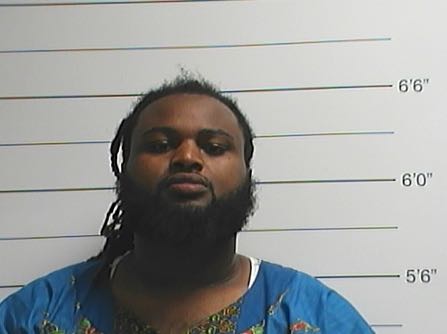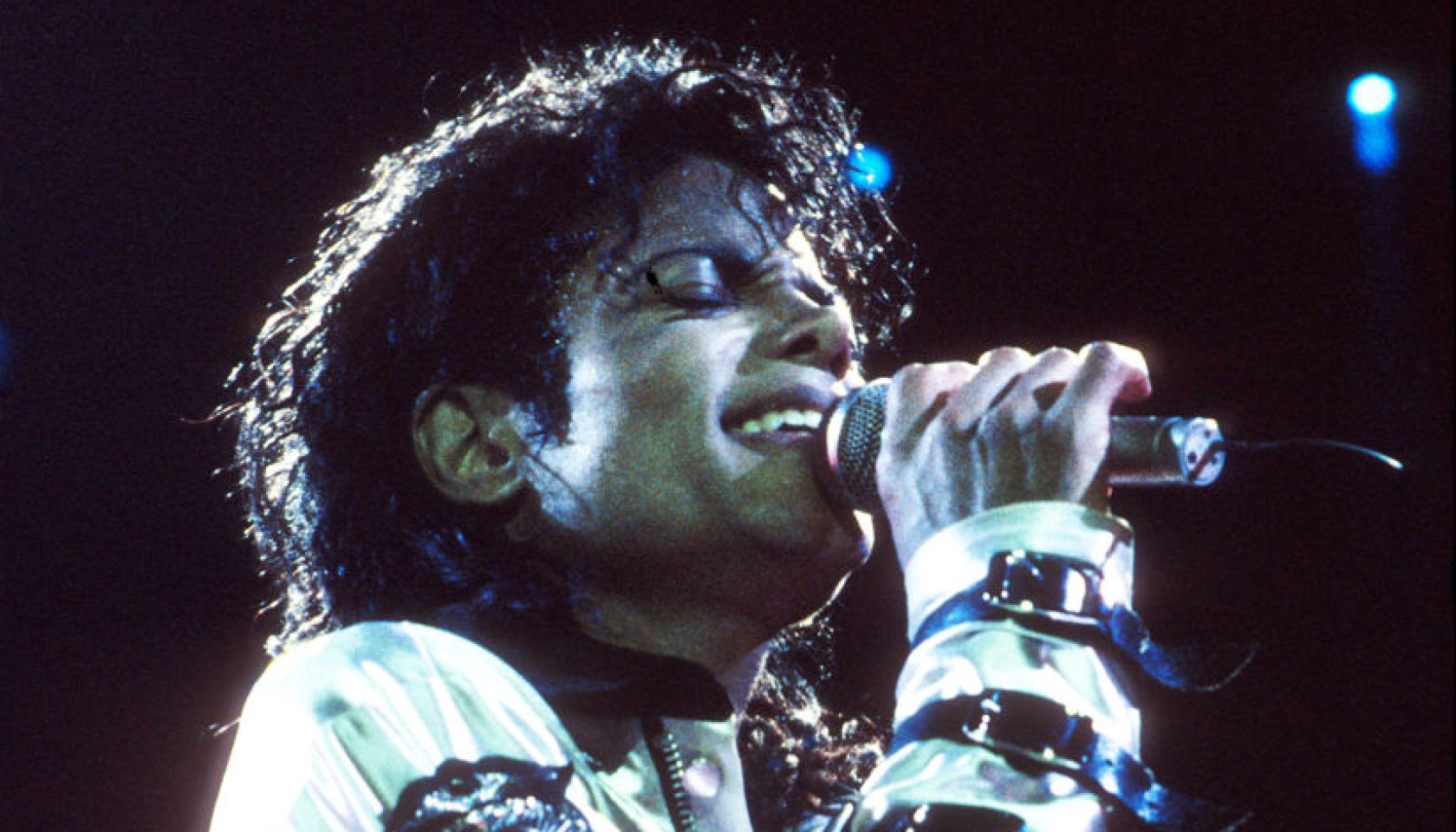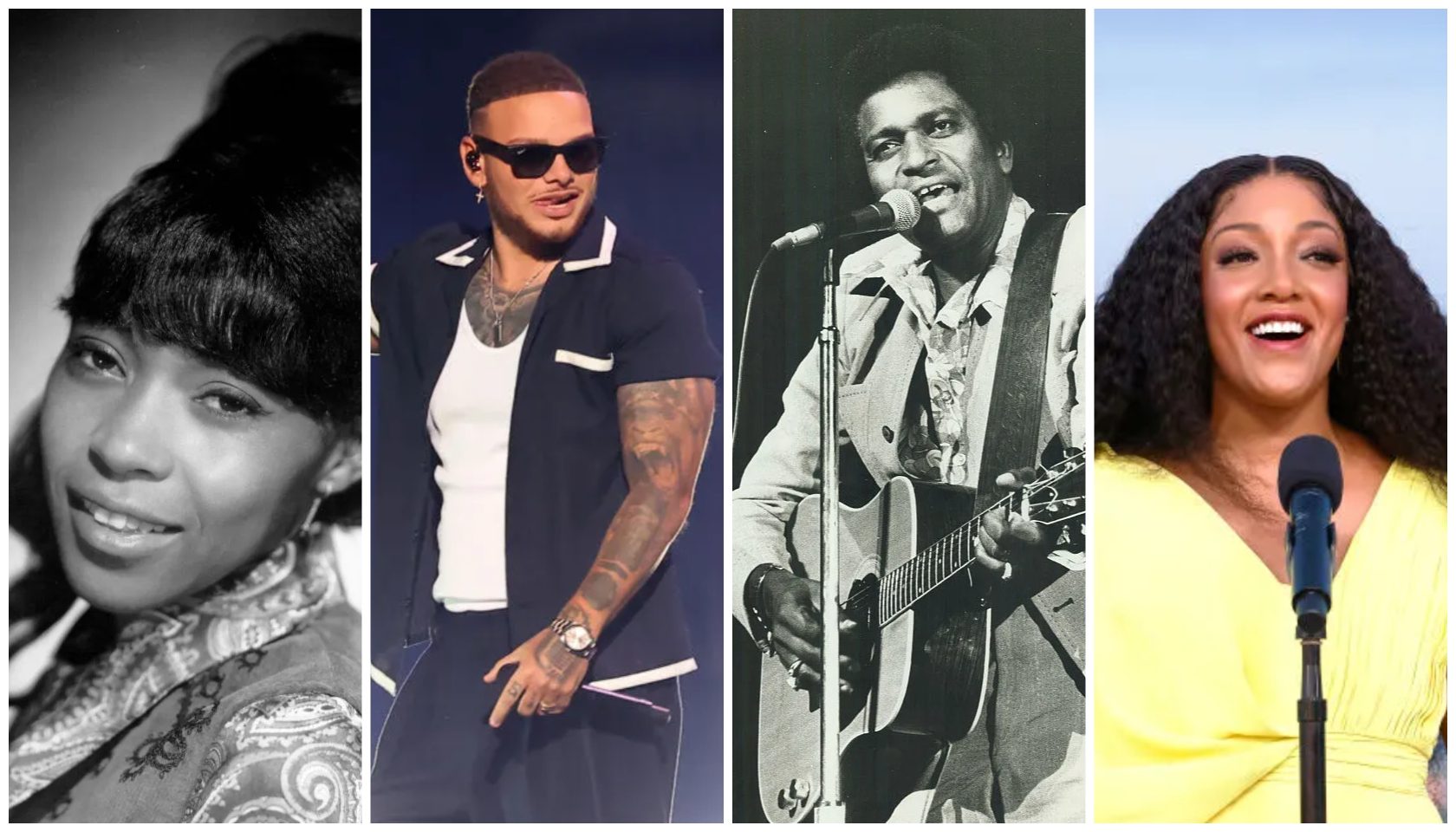Manslaughter Conviction In Will Smith Road Rage Shooting

NEW ORLEANS (AP) — The man who fatally shot retired New Orleans Saints defensive leader Will Smith was convicted of manslaughter on Sunday night, ending a week-long trial in which the defendant insisted he only fired because the popular football star was drunk, violent and had grabbed a gun following a traffic crash on the night of April 9.
Smith was part of the Saints team that lifted the stricken city’s spirits in the years after Hurricane Katrina hit in 2005, helping carry the team to a winning season in 2006 and a Super Bowl win four years later. His death at the hands of Cardell Hayes, 29, was stunning, even for a city where residents are accustomed to reports of multiple gunfire deaths every week.
Hayes faces a possible sentence of up to 40 years in prison at his sentencing on Feb. 17. Jurors opted for the lesser charge rather than second-degree murder, which would have carried a mandatory life sentence.
He also was convicted of attempted manslaughter for wounding Smith’s wife.
Hayes’ defense lawyers said Smith’s popularity led to a rush to judgment by police and prosecutors.
“I knew for a fact that I was going to get shot,” Hayes told the jury after taking the stand in his own defense Saturday. He said he not only saw the gun but heard what he believes was a gunshot before he began firing.
Hayes, however, was the only witness to say Smith armed himself that night. Prosecutors acknowledged that a loaded gun was found in Smith’s car but said there was no evidence that it was ever fired or that Smith had grabbed it.
A pathologist report showed Smith was legally drunk with a high blood-alcohol level that night, the end of a day in which he had spent time at the city’s annual French Quarter Festival, a bar and two restaurants. He, his wife and two passengers were in his Mercedes SUV the night of the shooting.
They were heading from New Orleans’ Lower Garden District toward downtown when a series of events led to the shooting, beginning with Smith’s vehicle appearing to lightly bump Hayes’ Hummer — although the prosecution raised doubts that the two vehicles actually touched.
Hayes vehemently denied intentionally running into Smith’s Mercedes SUV moments later — he said he was trying to dial 911 and didn’t realize how close he was getting to Smith as he tried to report the apparent hit-and-run.
Hayes said he armed himself only after he and his own passenger were accosted by Smith and Richard Hernandez, a passenger in the Smiths’ Mercedes. Hernandez, he said, wildly stripped off his shirt and took something shiny from his pocket — Hayes said he was afraid it was a knife.
Smith didn’t initially notice the gun, Hayes said. He said Smith, 34, threw a cup containing some type of alcohol at him and punched him repeatedly. At some point during the fast-unfolding melee, Hernandez alerted Smith to Hayes’ gun, Hayes said under questioning from defense lawyer John Fuller.
Hayes testified that Smith addressed him with a racial epithet and then told him, “… you got your gun. Well I’m going to get mine and I’ll show you what to do with it.”
Hayes said Hernandez, a white Hispanic who fled the scene, also used racial epithets.
However, race has not been raised as an alleged factor in the confrontation. Hayes and Kevin O’Neal, his passenger, are black, and so was Smith.
On cross examination, Assistant Orleans Parish District Attorney Jason Napoli repeatedly noted that no other witness said Smith had a gun and that Hayes never told investigators he saw a gun in Smith’s hands that night.
“I never gave a full statement to anyone,” Hayes said, growing testy as Napoli asked about inconsistencies in his testimony and past statements.
Hayes also insisted he never shot Racquel Smith, although Napoli said ballistics evident indicates otherwise.
Calm and sometimes smiling during his early testimony, Hayes’ voice broke a bit as he talked about being separated from his 6-year-old son. Hayes has been jailed since the shooting. Hayes owns a tow truck business and also said he breeds dogs. He discussed his high school and college football career, his time as a semi-pro football player and his admiration for Smith. He said he didn’t recognize Smith the night of the shooting and grew despondent hours later upon learning he had killed the beloved football star.
“I cried like a baby,” he said.
“I said my life’s over with … They’re going to make me like I just shot and killed this man.”
PHOTO: Orleans Sheriff Parish
















